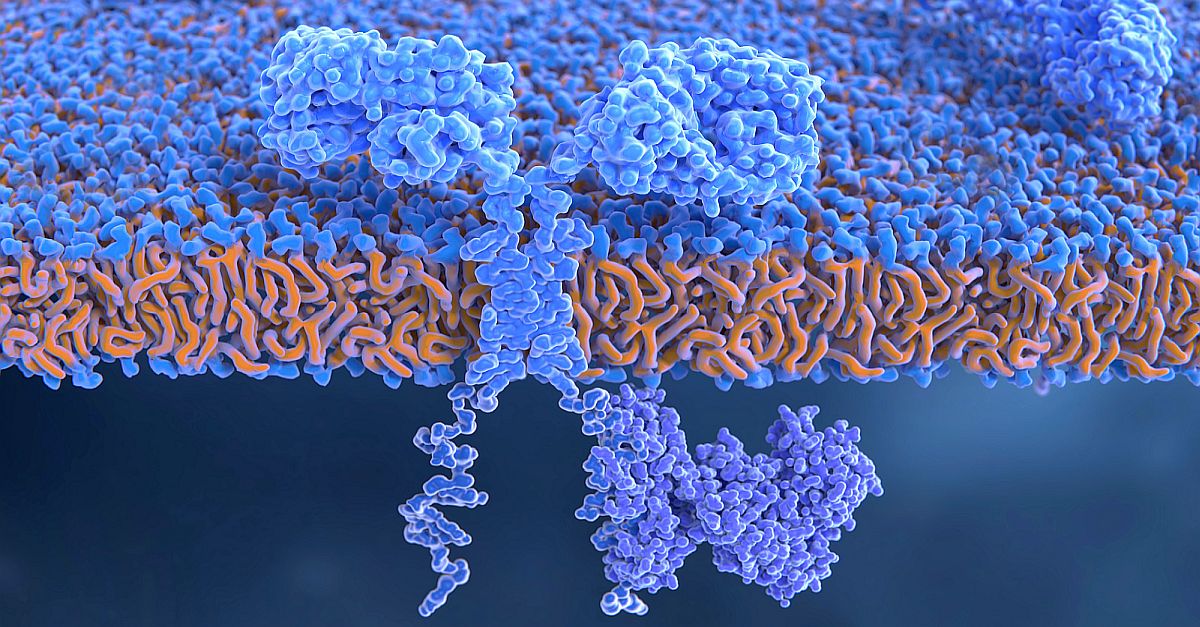In late July 2020, the US Food and Drug Administration (FDA) granted accelerated approval to brexucabtagene autoleucel (KTE-X19) for treatment of adult patients with relapsed or refractory mantle cell lymphoma (MCL). MCL is a rare, aggressive form of non-Hodgkin lymphoma (NHL) that originates in the mantle zone of the lymph node. Brexucabtagene autoleucel, manufactured by Kite, a Gilead Company, is the first chimeric antigen receptor (CAR) T-cell therapy to be approved for the treatment of relapsed/refractory MCL.
The FDA approval was granted on the basis of data from the ZUMA-2 trial. ZUMA-2 was a single-arm, multicenter, open-label, phase II study of 74 adult patients (age ≥18 years) with relapsed/refractory MCL following up to 5 prior lines of therapy, including anthracycline- or bendamustine-containing chemotherapy, an anti-CD20 monoclonal antibody, and the Bruton tyrosine kinase inhibitors ibrutinib or acalabrutinib. Of the 60 patients evaluable for efficacy (6-month minimum duration of follow-up for response), objective response rate was 87% following a single infusion, including 62% with complete remission (as assessed by an independent radiologic review committee). Estimated median duration of response was not reached (range, 0+ to 29.2+ months). Of the 68 patients evaluable for safety, 15% experienced grade 3 or higher cytokine release syndrome and 31% had neurologic events. As a result, the FDA approval includes a Risk Evaluation and Mitigation Strategy.
Brexucabtagene autoleucel is the second new treatment for MCL approved in the US in the past year (see also Priority Review for Zanubrutinib in Mantle Cell Lymphoma). It has also been granted Priority Medicines (PRIME) designation by the European Medicines Agency for relapsed/refractory MCL. US and multinational trials of brexucabtagene autoleucel are ongoing in acute lymphoblastic leukemia, chronic lymphocytic leukemia, small lymphocytic lymphoma, and relapsed/refractory B-cell NHL.
High Altitude: Ongoing research of CD19-directed, genetically modified, autologous T-cell immunotherapy continues to change the landscape in the management of hematologic malignancies. The recent approval of brexucabtagene autoleucel is a major advance for treatment-resistant forms of MCL, and confirms the benefits of an anti-CD19 CAR T-cell therapy in these patients. Brexucabtagene autoleucel is manufactured using the XLP™ process, which includes T-cell selection and lymphocyte enrichment, a necessary step in the treatment of certain B-cell malignancies with evidence of circulating lymphoblasts, such as MCL.
Ground Level: Despite recent advances, treatment options for relapsed/refractory MCL are limited and prognosis is poor, with a median survival of 3 to 4 years. Many patients require multiple lines of therapy. CAR T-cell therapy has been proven effective for treatment of several hematologic malignancies, including certain B-cell malignancies. The approval of brexucabtagene autoleucel is a new treatment option for physicians, and represents a new perspective for many patients with relapsed/refractory MCL.

